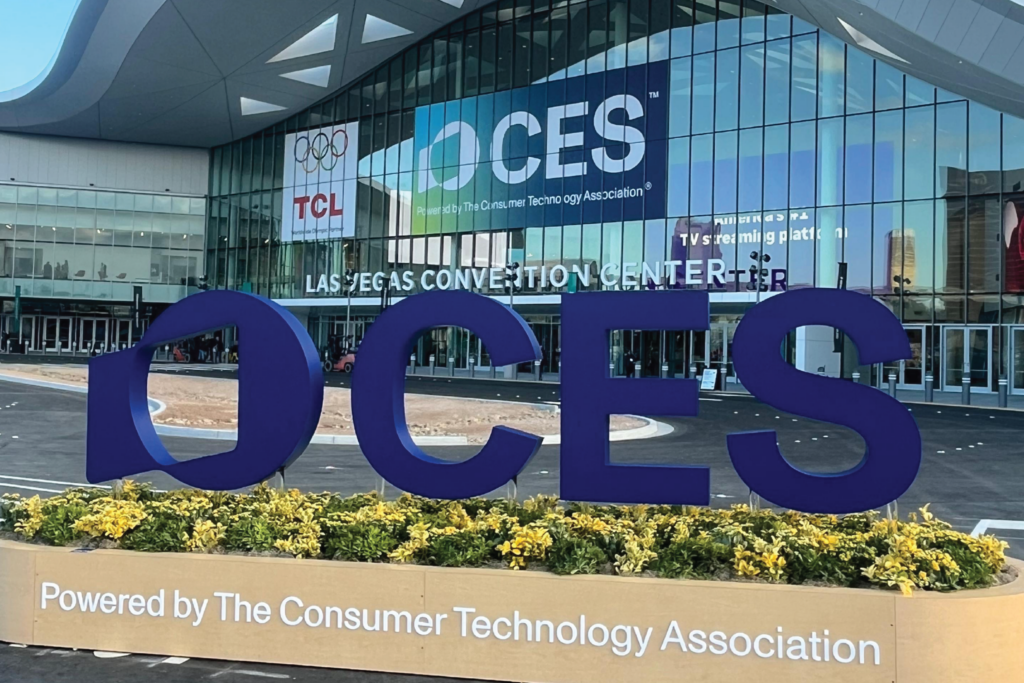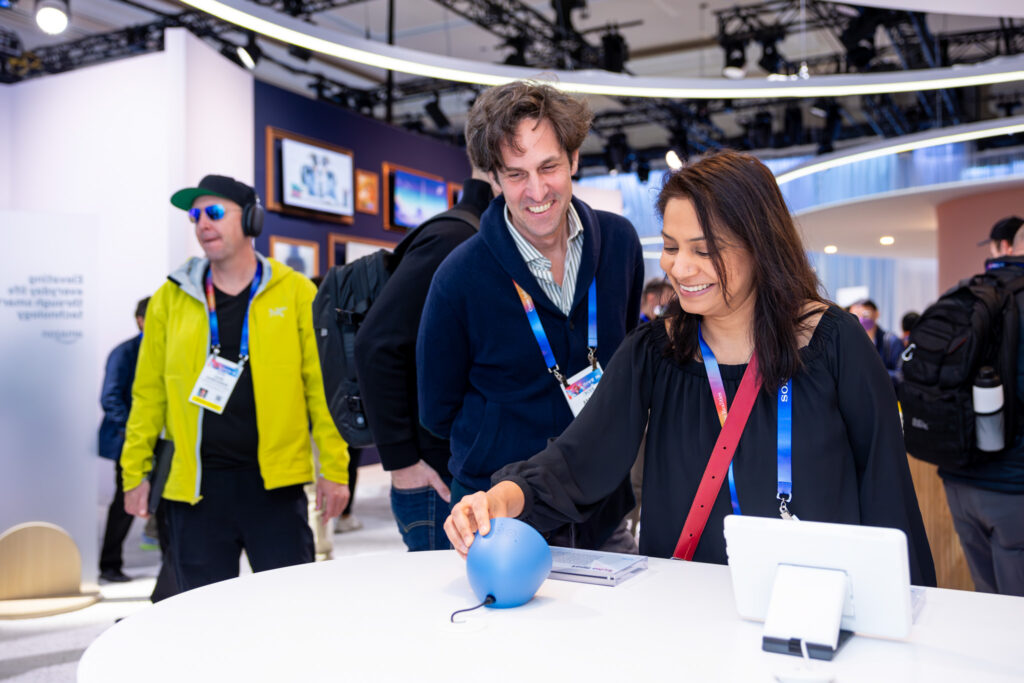“It’s still rather limited except in gaming or fashion. Making it work for business value is a ways away. Just ask Mark Zuckerberg,” said Francesca Gangitano, senior director of strategy and planning at Impact XM, when asked by Exhibitor Magazine to share her opinions on the Metaverse. As the Metaverse continues to evolve, it’s opening new opportunities for events to reach an audience that otherwise would be unable to attend in person.
Allowing attendees to connect in real-time from anywhere while continuing a customer communication cycle after the event presents a valuable extension to in-person events. This technology, though it is a great extension to an event for some brands, we feel it will never completely replace physical events, with numerous challenges standing in the way.
Benefits of the Metaverse
One of the biggest advantages of the Metaverse is its ability to provide an immersive and engaging experience for both in-person and remote attendees. Virtual events can be enriched with features like:
- Interactive booths
- 3D product demonstrations
- Real-time avatars of presenters
This could provide an unrivaled experience that separates one event from another, creating memorable impressions and transforming customer engagement. Virtual trade shows and events could be reached and attended by a larger number of people across the globe without the need for travel, creating greater opportunities for new customer acquisition and community engagement.
Trade shows, exhibitions, and events often spark interest, but are limited to one-on-one conversations between attendees and event staff. Once the event is over, the dialogue typically ends as attendees are left to try and find other ways to connect with exhibitors. The Metaverse addresses this issue by extending the event experience and enhancing the communication cycle beyond the physical event.
Brand Challenges in the Metaverse
A prominent challenge for brands in the Metaverse is understanding how to market and engage with their audience effectively. In a virtual environment, it can be challenging to know or predict what type of content will resonate with viewers, or how to create a memorable virtual experience that stands out from the competition.
Brands also face new privacy concerns which need to be addressed before widespread adoption can occur. To succeed, brands need to understand the complexities behind monetizing experiences in this new space and create sustainable business models that allow for growth and adaptability.
Following the global events of recent years, the issue of trust has become paramount for consumers around the world. Virtual events may provide an immersive experience, but marketers, producers, and programmers must create a platform that provides a level of trust, so attendees feel their information is safe and secure. Brands that successfully build trust in the Metaverse will end up driving the most revenue, engagement, and relationships.
Conclusion
While the Metaverse is often regarded as “hype” by some, it’s impossible to overlook its potential benefits and future implications on the trade shows and events industries. The Metaverse provides the capabilities to eliminate the barriers of distance and offers greater accessibility, thereby creating new opportunities for brands to connect with their target audience.
However, the new medium continues to be a less secure and more costly way to build customer relationships, especially when adding on to an existing or established event program. Only time (and technology) will tell how this space will be able to meet business demands and deliver significant value.
To learn more about how you can leverage virtual environments and hybrid events in your experiential marketing efforts, feel free to send an email to [email protected]






